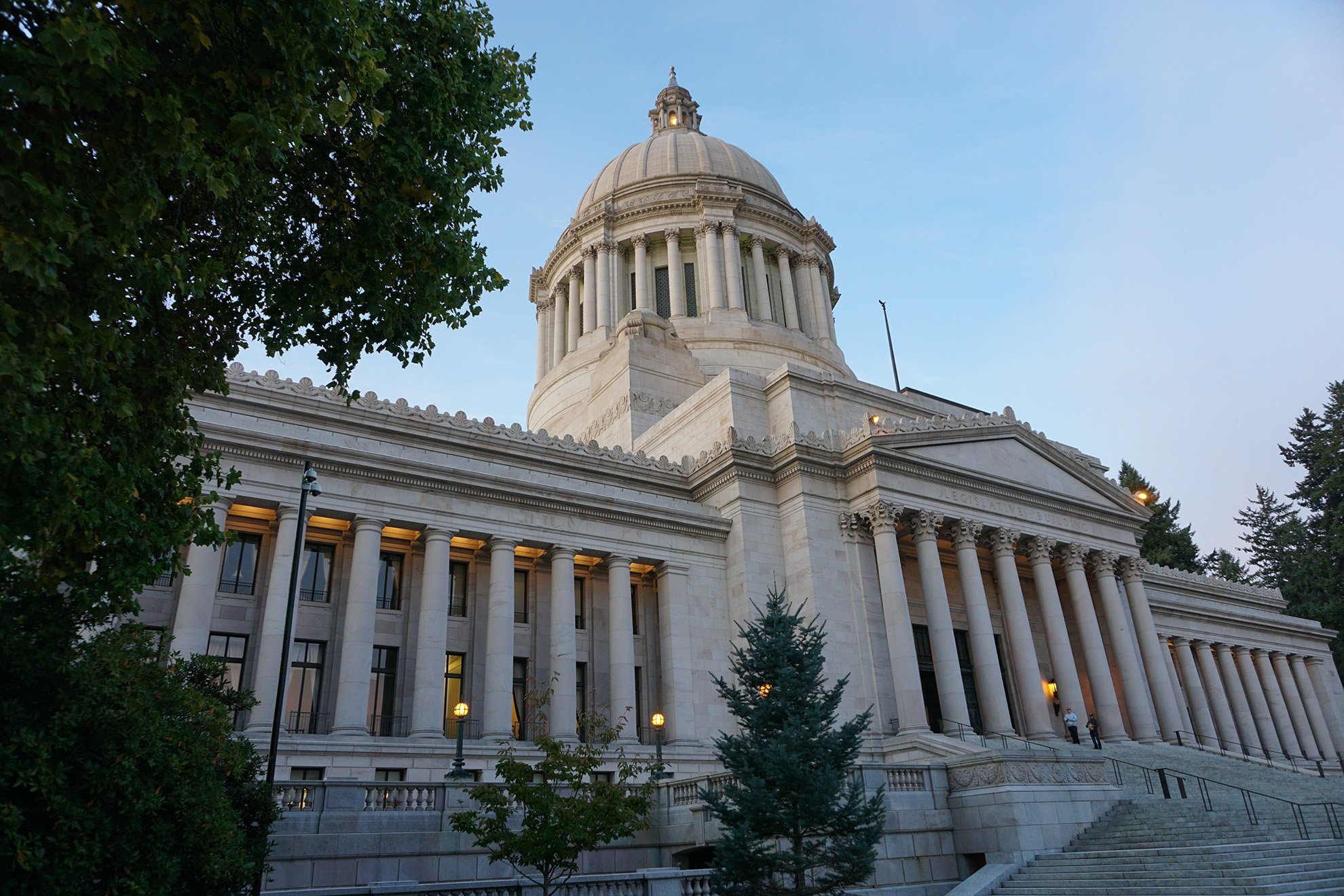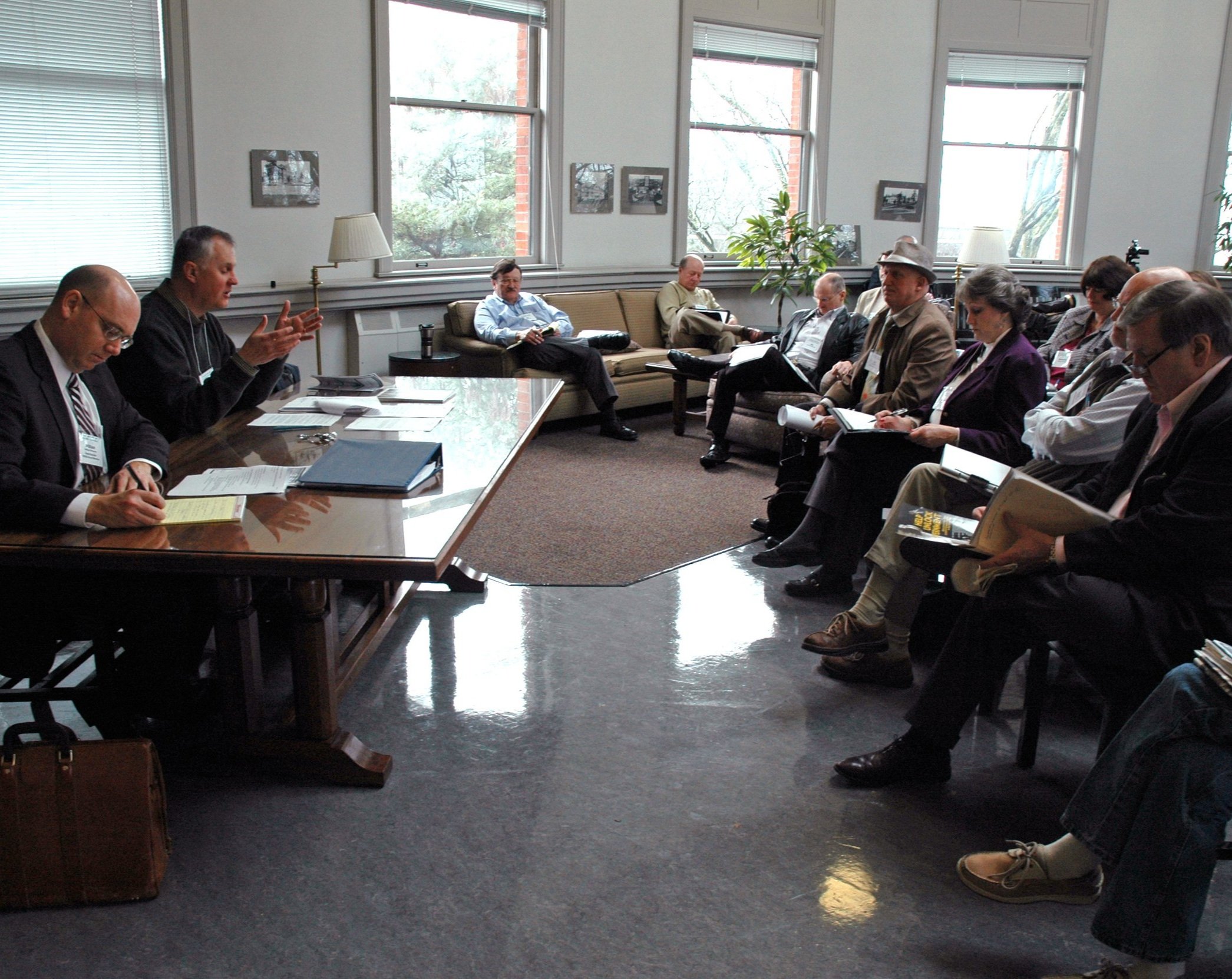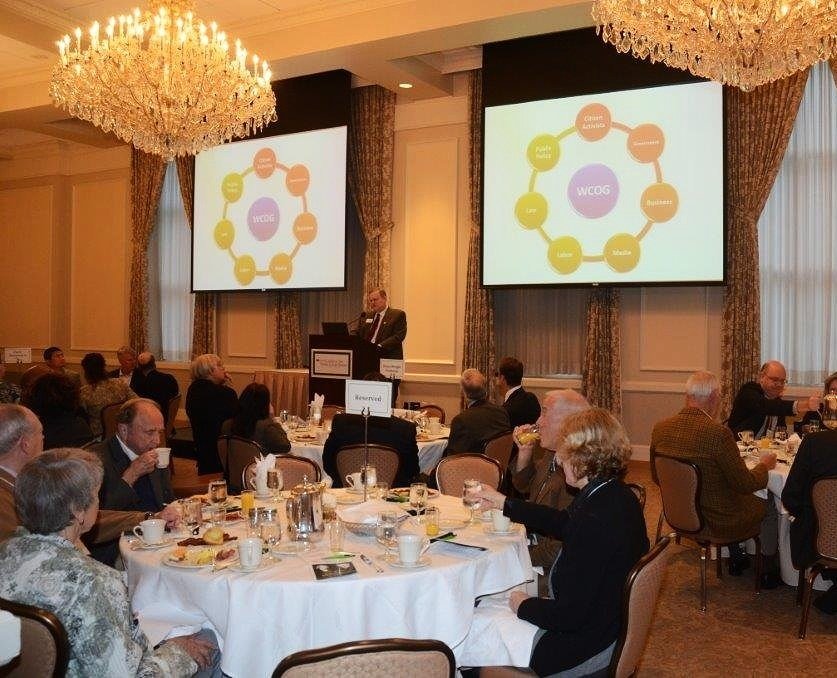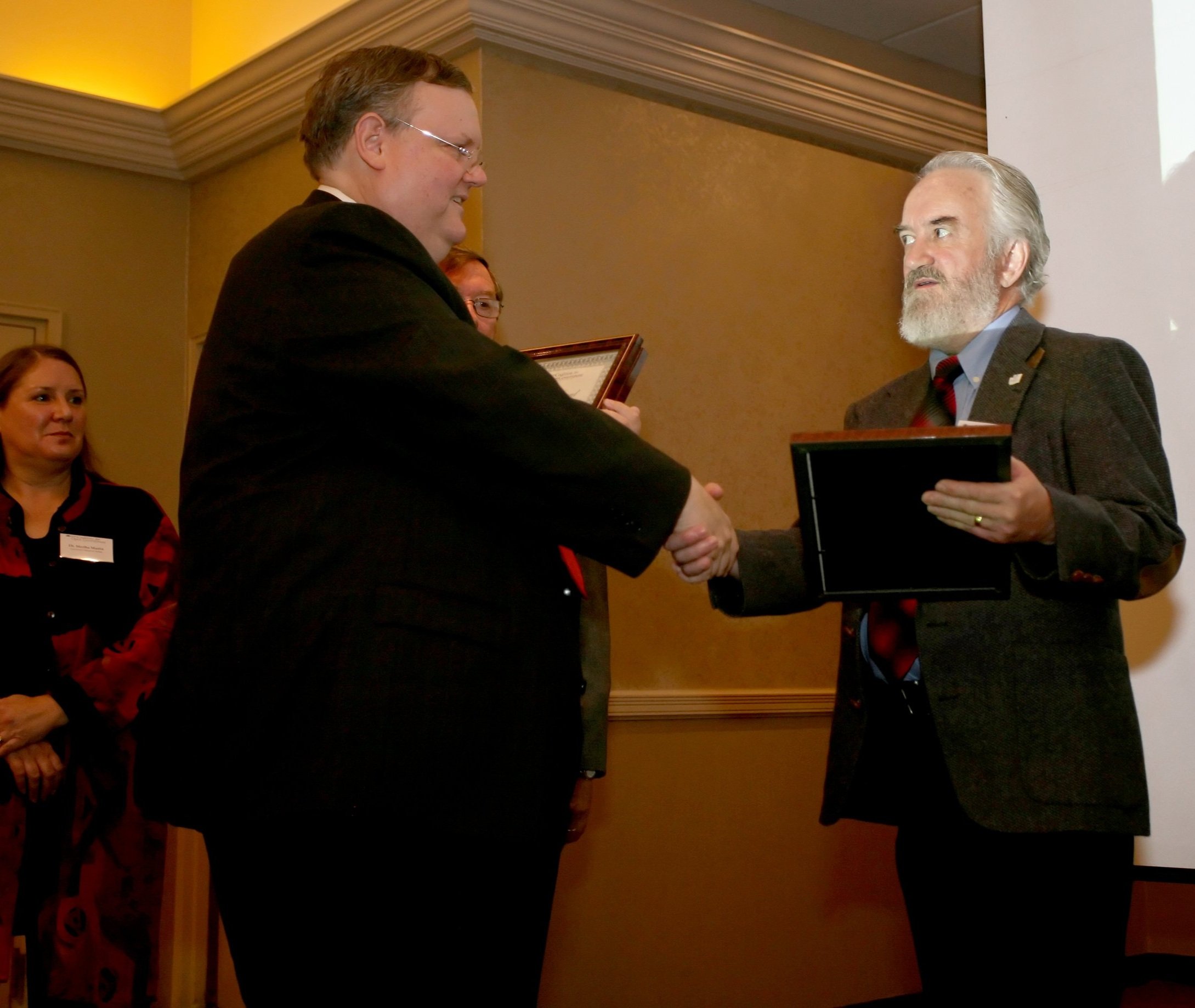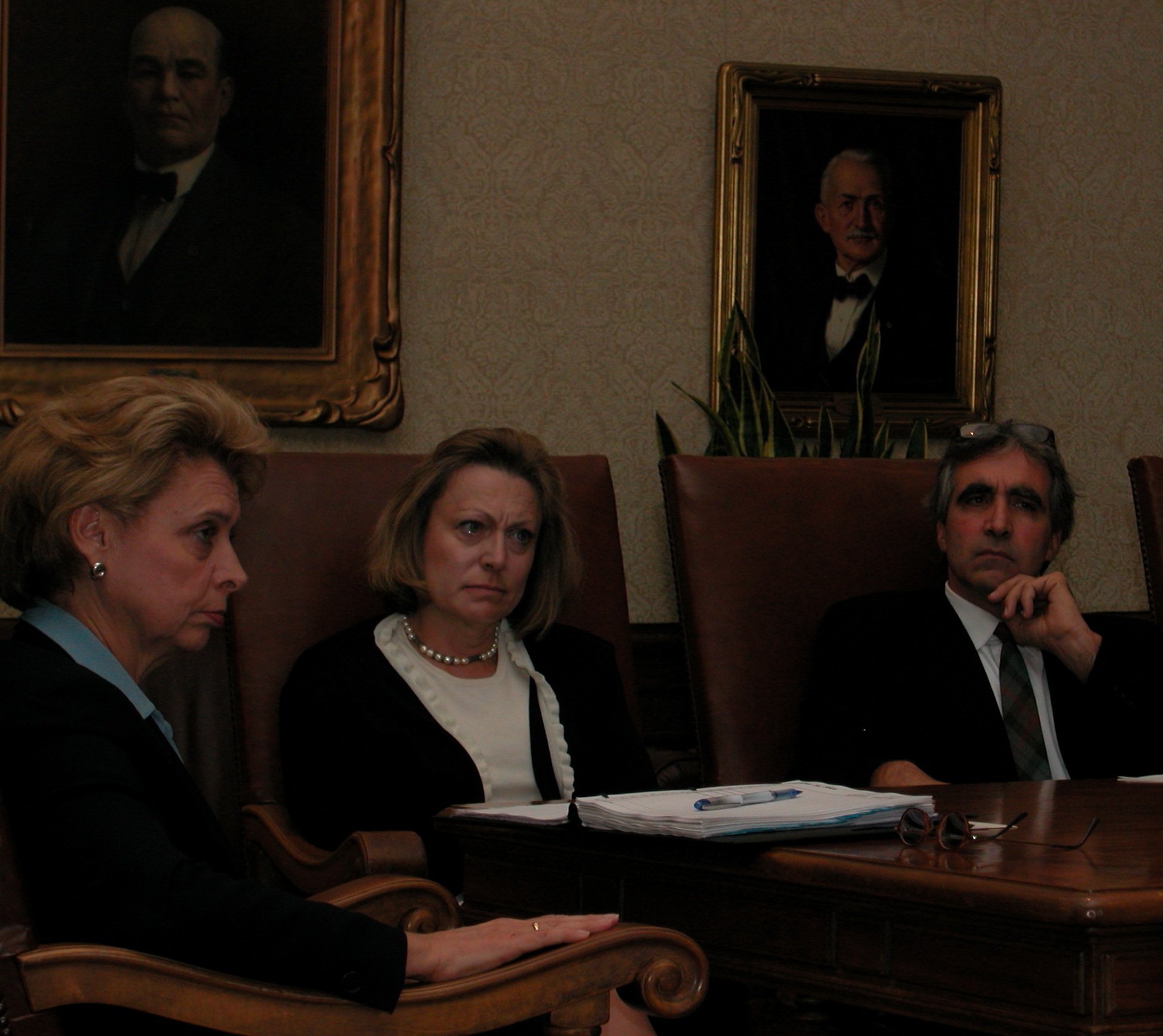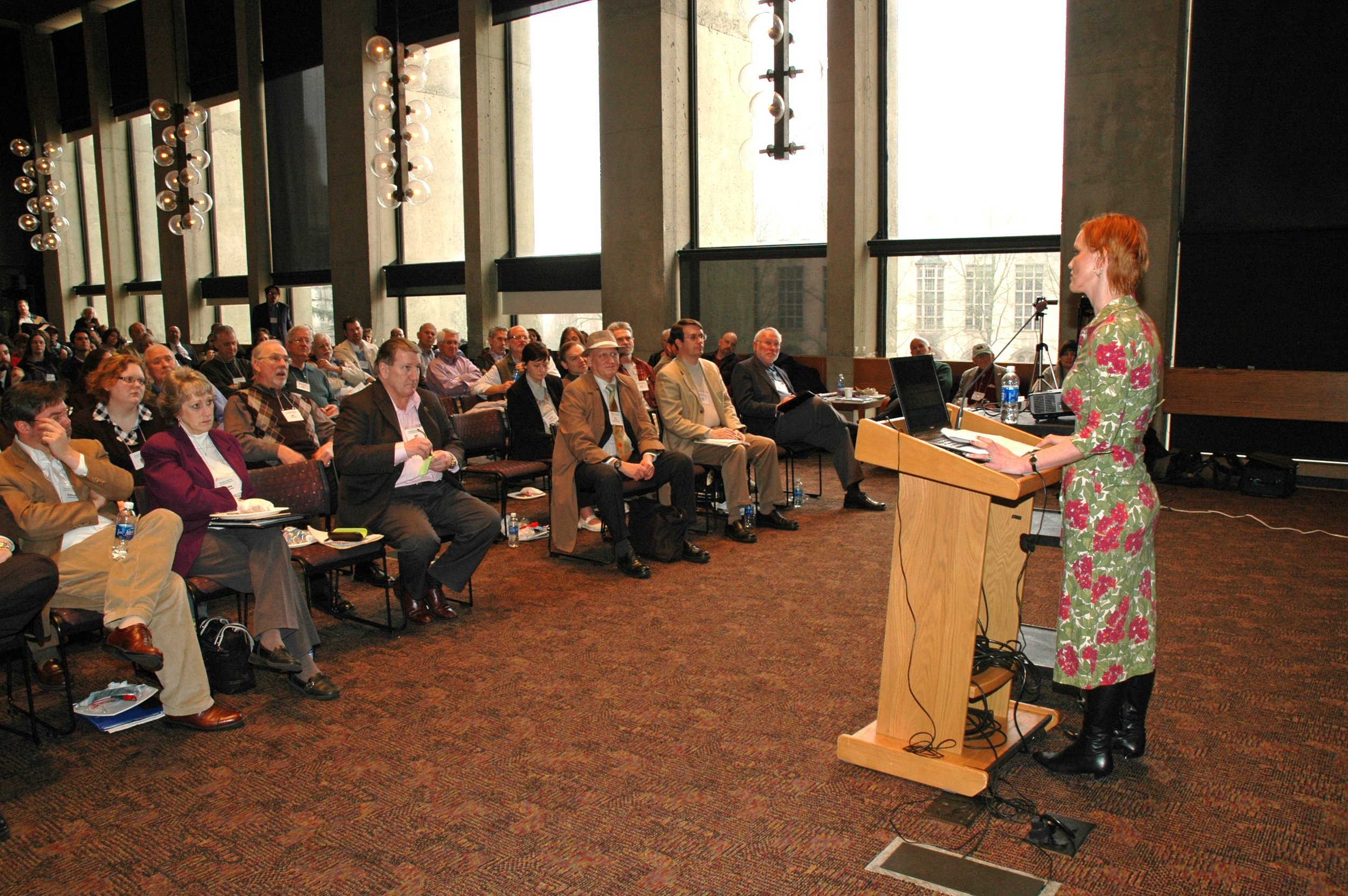
Who We Are
The Washington Coalition for Open Government (WashCOG) advocates for the people’s right to access government information
When it seems our democracy is becoming a toxic stew of hyper-partisanship, the work of the Washington Coalition for Open Government provides a healthy antidote.
WashCOG is an independent, nonpartisan, nonprofit organization that works through the courts and the Legislature to defend and strengthen Washington’s open government laws. What makes it refreshing is that it truly is a coalition, with members who are citizen activists, government officials, and representatives of business, labor, media, law, and public policy organizations.
The members can, and often do, disagree with each other. But they stand together to fight for openness in government, believing it is the best way to ensure accountability and preserve public trust.
You have the right to access government information
That was the idea in 1972, when a citizen’s Coalition for Open Government in Washington State successfully worked for the passage of Initiative 276, which passed with a whopping 72 percent favorable vote. It was a major stepping stone to laws that provide open meetings, access to public records, and public disclosure of campaign finances, lobbying, and financial affairs of elected officials.
Despite that big majority in 1972, ongoing citizen vigilance has been essential to resist the forces that work against openness and transparency.
Often with good intentions, governments tend toward closure and withholding information that legitimately should be public.
For example, the original open records law listed only 10 narrow exceptions to the general rule that all government records must be open to the public. Since then, more than 300 exemptions have been added by the Legislature, with more introduced every legislative session.
Transparency and public participation are the building blocks of good government
WashCOG works hard in the courts to preserve access to public records, submitting numerous amicus briefs. In a case that went all the way to the U.S. Supreme Court, the coalition fought for keeping public the petitions that signature gatherers use for putting measures on the ballot.
Each year, we analyze, prioritize, and track the bills introduced in the state Legislature. We testify at hearings on proposed legislation and win significant legislative victories in the face of misguided efforts to limit the access to government and the people’s right to know.
We offer community workshops around our state, and our annual Open Government Conference expands citizen involvement and increases public awareness of open government rights.
Individuals and government officials seek advice from the coalition on open government issues, and we influence government agencies by sending letters and making personal visits.
Through our awards program, WashCOG regularly recognizes and celebrates individuals and groups, including those in government, who stand up for the public’s right to know.
Conflicts of Interest
The Washington Coalition for Open Government is committed to independence and non-partisanship in its support for open government.
We maintain this commitment even though many WashCOG officers and directors are politically active in a variety of ways, including holding public office. All officers and directors are expected to avoid conflicts of interest and to recuse themselves from WashCOG discussions or decisions that would present such conflicts.
We rely on open discussion to provide checks and balances against conflicts of interest. Anyone, WashCOG member or not, who perceives a potential conflict of interest within the organization should alert WashCOG of their concern, and appropriate action will be taken by WashCOG, if necessary.
This can be done by sending an e-mail to ethics@washingtoncog.org.
